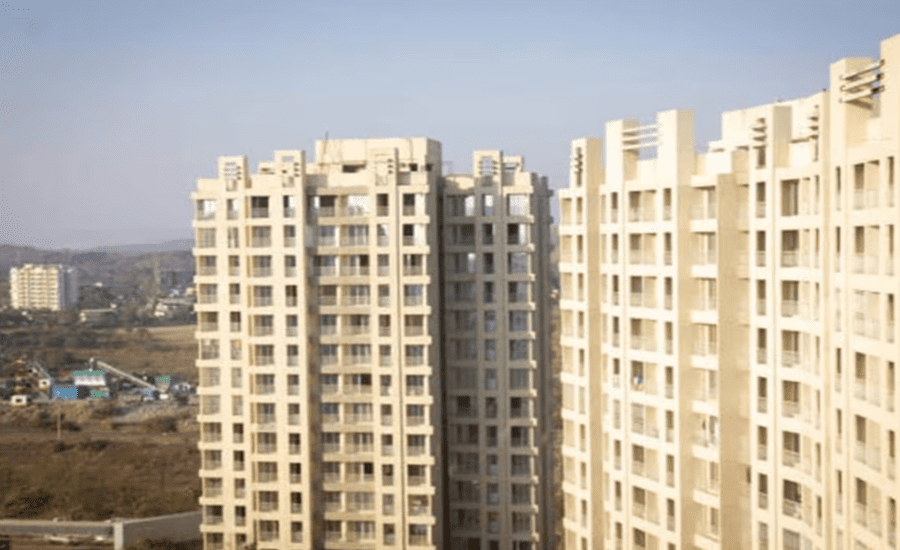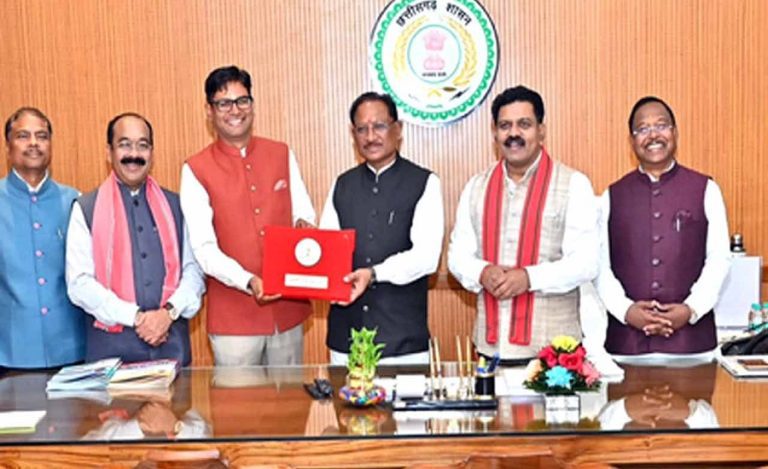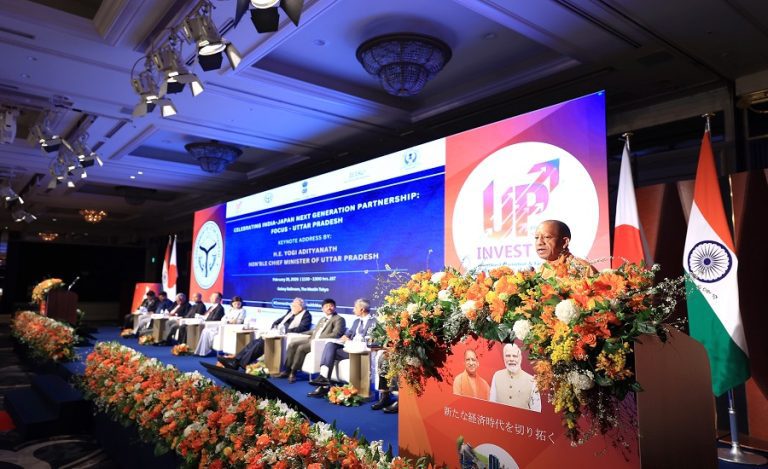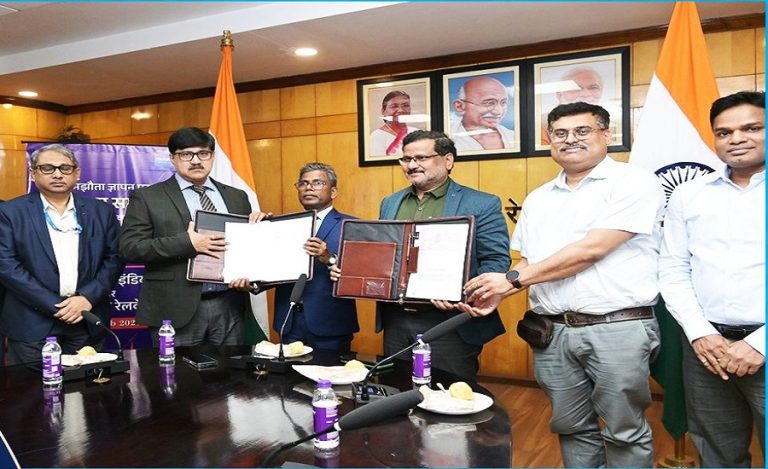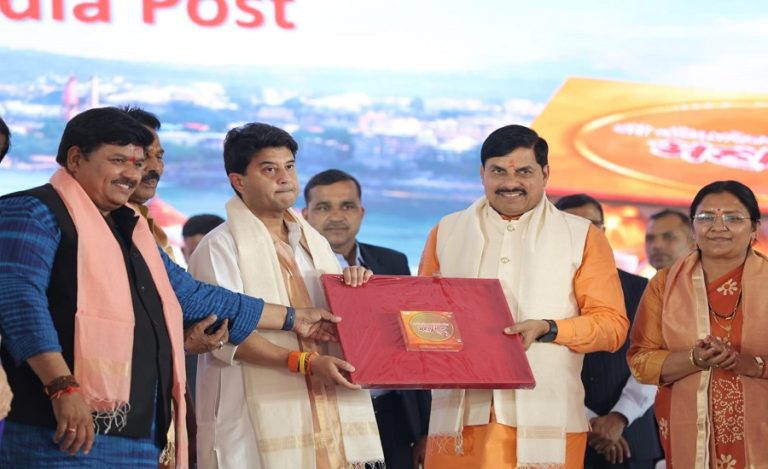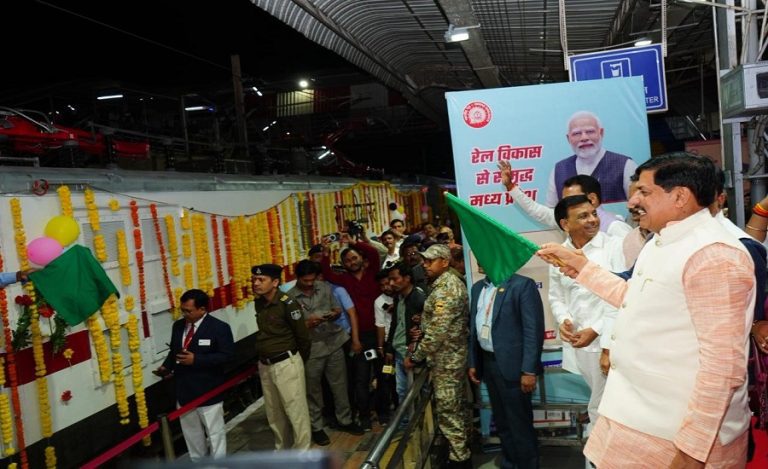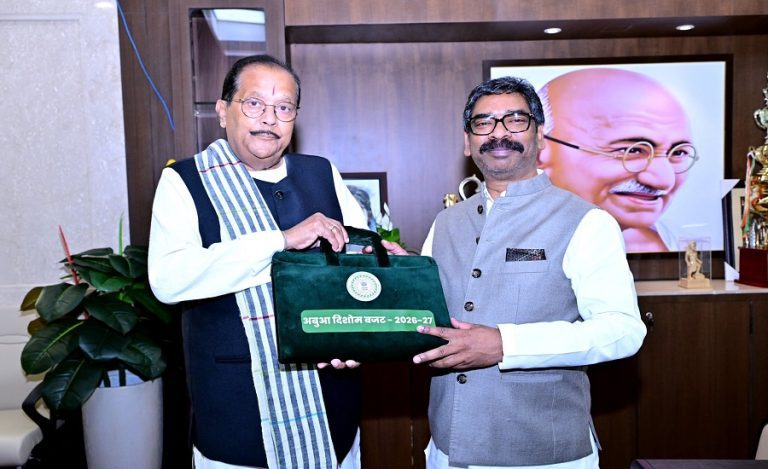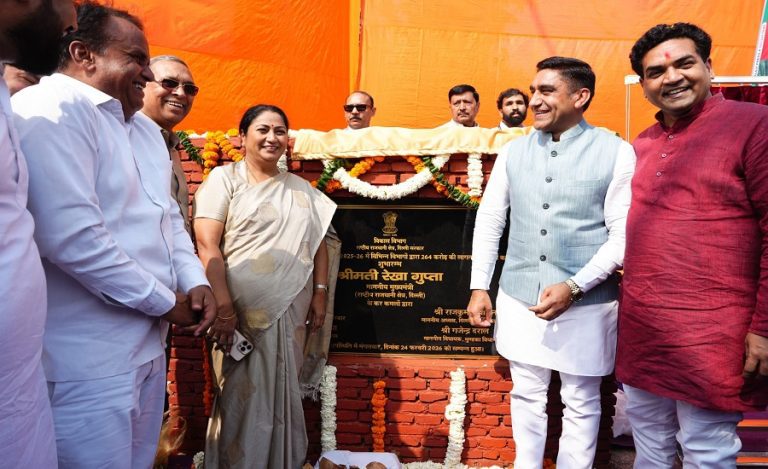In a major urban planning initiative, the Bihar government has introduced a land pooling policy aimed at developing satellite townships across cities in the state. The policy was approved during a cabinet meeting chaired by Chief Minister Mr. Nitish Kumar on Tuesday.
New Policy to Drive Urban Transformation
Announcing the development, Urban Development and Housing Minister Mr. Jiwesh Kumar stated that this is the first time such a policy has been introduced in Bihar. The goal is to ensure the planned and equitable development of urban spaces, especially in major cities including the upcoming Greater Patna region.
As per the land pooling mechanism, landowners will contribute their land for township development and, after planned development, receive 55% of their land back, now with infrastructure and amenities. The remaining 45% will be utilised for public and civic infrastructure development.
Land Distribution Under the Policy
The distribution of land under the new pooling model has been structured as follows:
- 55%: Returned to the landowner post-development
- 22%: Reserved for construction of roads and road infrastructure
- 5%: Allocated for parks, playgrounds, and other public structures
- 3%: Reserved for housing for weaker sections
- 15%: Retained by the government for other planned uses
Focus on Greater Patna Development
The minister further highlighted that this policy will be instrumental in the planned expansion of Patna into Greater Patna, a future-ready urban zone envisioned by the state government. The new area will be governed by a dedicated development authority.
The Greater Patna region is expected to encompass 14 blocks from four subdivisions of Patna district. These blocks include:
- Patna Sadar, Sampatchak, Phulwarisharif, Fatuha, Daniyawan, Khusrupur, Masaurhi, Punpun, Dhanarua, Danapur, Maner, Bihta, Naubatpur, and Bikram.
Planning is being undertaken with population growth projections up to 2050 in mind, ensuring that infrastructure such as townships, transport, housing, and recreational spaces will accommodate future needs.
Benefits of the Policy
This land pooling model is expected to:
- Avoid forced land acquisition by encouraging voluntary participation
- Promote equitable urban development
- Provide landowners with enhanced land value due to infrastructural improvements
- Facilitate inclusive urban housing, with a dedicated portion for the economically weaker sections
- Improve infrastructure, connectivity, and quality of life in urban areas
With this landmark decision, Bihar has taken a decisive step towards modernising its urban landscape and addressing the housing and infrastructure needs of its rapidly growing population through planned and participatory urban expansion.

